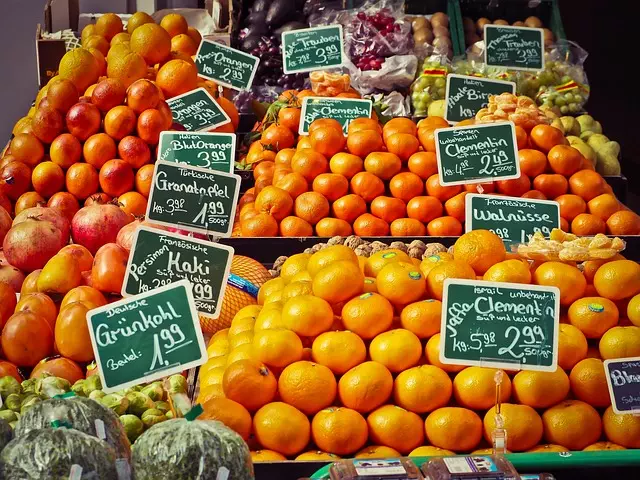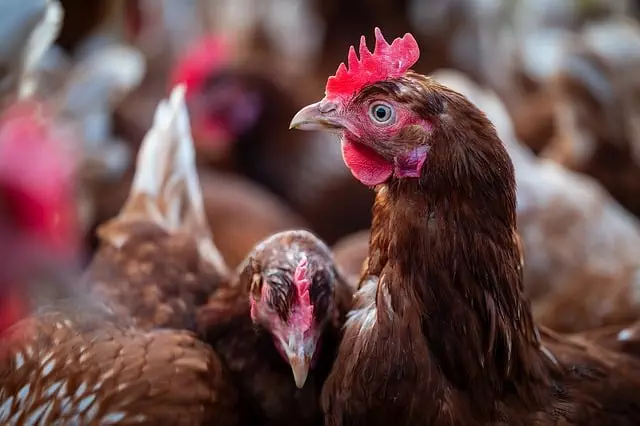Yard waste encompasses organic materials like leaves, grass clippings, twigs, branches, and garden plants, which can be repurposed through composting or mulching to enhance soil health and cut down on chemical fertilizer use. Proper yard waste management is essential for environmental conservation and involves excluding diseased or invasive species from compost piles and following local guidelines for yard waste disposal. Homeowners should segregate their yard waste correctly before collection, adhering to municipality-specific rules that dictate how to manage this organic material sustainably, often through designated containers or areas for collection, with some municipalities converting it into compost or mulch. Advanced systems like controlled temperature composting and anaerobic digesters are revolutionizing the process by expediting decomposition, reducing odors, and producing compost and biogas, respectively, which contribute to energy independence and sustainable waste management. Homeowners are encouraged to stay informed about their local yard waste removal and recycling protocols to maintain compliance with these eco-friendly practices.
Managing yard waste effectively is crucial for maintaining a healthy landscape and protecting the environment. This article delves into the various facets of residential yard waste disposal, offering clear guidance on how to recycle effectively. We’ll explore the composition of yard waste, local regulations that govern its disposal, eco-friendly removal options like composting and the use of green waste bins, when professional services are necessary, and innovative technologies in recycling that contribute to sustainability efforts. Whether you’re a seasoned gardener or new to home maintenance, understanding yard waste removal and recycling is key to keeping your space pristine and supporting environmental health.
- Understanding Yard Waste Composition: What Can Be Recycled?
- Local Regulations for Yard Waste Disposal and Recycling
- Eco-Friendly Yard Waste Removal Options: Composting and Green Waste Bins
- Professional Yard Waste Removal Services: When to Call In the Experts
- Innovative Technologies in Yard Waste Recycling: Composting Advances and Biogas Production
Understanding Yard Waste Composition: What Can Be Recycled?

Effective yard waste removal and recycling begin with understanding what constitutes yard waste. Yard waste primarily includes organic materials such as leaves, grass clippings, twigs, branches, and garden plants. These materials decompose over time and can be repurposed through composting or mulching, which enriches the soil and reduces the need for chemical fertilizers. It’s crucial to distinguish between yard waste that can be recycled and that which should be disposed of differently. Compostable materials like kitchen scraps, wood chips, and hay are ideal for composting programs, which are often available through local municipal services or community gardens. On the other hand, certain items such as diseased plant material, invasive species, and treated wood should not be included in yard waste recycling due to potential environmental contamination. Homeowners can facilitate sustainable practices by separating their yard waste into appropriate categories before collection. By adhering to local yard waste removal guidelines and utilizing recycling programs, residents can significantly contribute to environmental conservation and promote healthier landscapes. Yard Waste Removal and Recycling are not just about disposal; they’re about transforming organic waste into valuable resources that benefit the environment and support sustainable living.
Local Regulations for Yard Waste Disposal and Recycling

Homeowners looking to manage yard waste effectively must first familiarize themselves with local regulations governing its disposal and recycling. These regulations are crucial for maintaining environmental health, as they dictate acceptable practices for yard waste removal. Different municipalities have distinct guidelines that may include composting requirements, collection schedules, and prohibitions against certain disposal methods. It’s imperative to check with your local waste management authority to understand the specific rules that apply to your residence. This often involves separating organic matter like grass clippings, leaves, and branches into designated containers or piles for pickup, as opposed to mixing them with other types of trash. Additionally, some regions offer specialized yard waste recycling programs that convert these materials into nutrient-rich compost or mulch, which can then be returned to the community for gardening and landscaping purposes. These programs not only facilitate a greener environment by reducing landfill use but also provide residents with valuable resources for their gardens. Understanding and adhering to these regulations is key to ensuring that yard waste is disposed of responsibly and effectively, contributing to the sustainability of local ecosystems. Always verify the specific yard waste disposal and recycling rules in your area to ensure compliance and environmental stewardship.
Eco-Friendly Yard Waste Removal Options: Composting and Green Waste Bins

Managing yard waste sustainably is a key aspect of maintaining healthy green spaces while protecting the environment. Eco-friendly yard waste removal options such as composting and utilizing green waste bins are effective ways to recycle organic matter back into the soil. Composting is a natural process that transforms kitchen scraps and yard waste into nutrient-rich humus, which can then enrich garden soil and reduce the need for chemical fertilizers. This not only supports plant growth but also helps in reducing methane emissions that would otherwise occur in landfills when these materials decompose anaerobically. Homeowners with limited space can still benefit from composting through vermicomposting, which uses worms to break down organic matter.
In addition to composting, green waste bins are provided by many municipalities as part of their yard waste removal and recycling programs. These bins are specifically designed to collect grass clippings, leaves, branches, and other yard waste. By separating this organic material from regular trash, it can be processed at a dedicated facility where it is converted into compost or used for energy production. This process not only diverts significant amounts of organic waste from landfills but also contributes to the creation of valuable compost that can be distributed back into community gardens and public parks. Both composting and green waste bin programs are integral components in promoting a sustainable cycle of waste management, contributing to environmental conservation while providing a valuable resource for soil health.
Professional Yard Waste Removal Services: When to Call In the Experts

When homeowners face the challenge of accumulating yard waste, such as fallen leaves, grass clippings, and garden trimmings, understanding when to leverage professional yard waste removal services is crucial. Yard waste removal and recycling are not just about clearing space; they play a vital role in maintaining soil health and supporting environmental sustainability. Professional services ensure efficient disposal of organic matter, which can then be composted or recycled into nutrient-rich soil amendments. These experts are equipped with the necessary tools and expertise to handle large volumes of yard waste, particularly when DIY methods become impractical or when the volume exceeds what a typical residential composter can manage.
Timing your call for professional yard waste removal is essential. The best time to engage these services varies depending on local regulations and the specific needs of your landscape. For instance, spring and fall cleanups often generate significant amounts of yard waste due to tree leaf drop and end-of-season garden clearance. Additionally, after major storms or during the active growing season when lawn care maintenance is heightened, professional removal becomes particularly beneficial. By opting for reliable yard waste removal and recycling services, homeowners can enjoy a well-maintained property without the burden of managing large amounts of organic waste. This not only simplifies their routine but also contributes to a greener environment by facilitating the proper decomposition and reuse of organic materials.
Innovative Technologies in Yard Waste Recycling: Composting Advances and Biogas Production

Innovations in yard waste removal and recycling have significantly advanced, particularly in the realms of composting and biogas production. Composting, a natural process that transforms organic yard waste into nutrient-rich soil amendments, has seen technological enhancements that make it more efficient and accessible to homeowners. Modern composting systems employ controlled temperature composting, which speeds up the decomposition process, reduces odors, and minimizes the space required for traditional compost piles. These systems often come with user-friendly interfaces and can be integrated into residential settings without occupying substantial space.
Biogas production from yard waste is another area where technology has made a marked impact. This sustainable practice captures methane emissions that would otherwise contribute to greenhouse gas emissions, converting them into biogas, which can be used for energy. Advanced anaerobic digesters are specifically designed to handle yard waste, breaking it down in a sealed environment to produce a cleaner burnable gas. These systems not only contribute to energy self-sufficiency but also offer a viable solution for managing organic waste responsibly. Yard waste removal and recycling through these advanced methods not only benefits the environment by reducing landfill use but also provides valuable resources like compost and biogas, making them integral components in sustainable waste management practices.
Effective yard waste removal and recycling are key components in maintaining a healthy environment. This article has outlined the essential steps for responsible disposal, highlighting the importance of understanding what materials can be recycled, adhering to local regulations, and exploring eco-friendly options such as composting and using green waste bins. When professional services are needed, it’s crucial to identify reputable yard waste removal companies. Moreover, staying informed about the latest innovations in yard waste recycling, like composting advances and biogas production, can further enhance sustainability efforts. By integrating these practices into daily routines, communities can significantly reduce environmental impact and promote greener living spaces.


